OpenAI is teaming up with Nscale and Aker to build Europe's first AI gigafactory – 'Stargate Norway' is set to host 100,000 Nvidia GPUs and will be powered by renewable energy
Stargate Norway aims to have 100,000 Nvidia processors up and running by the end of next year

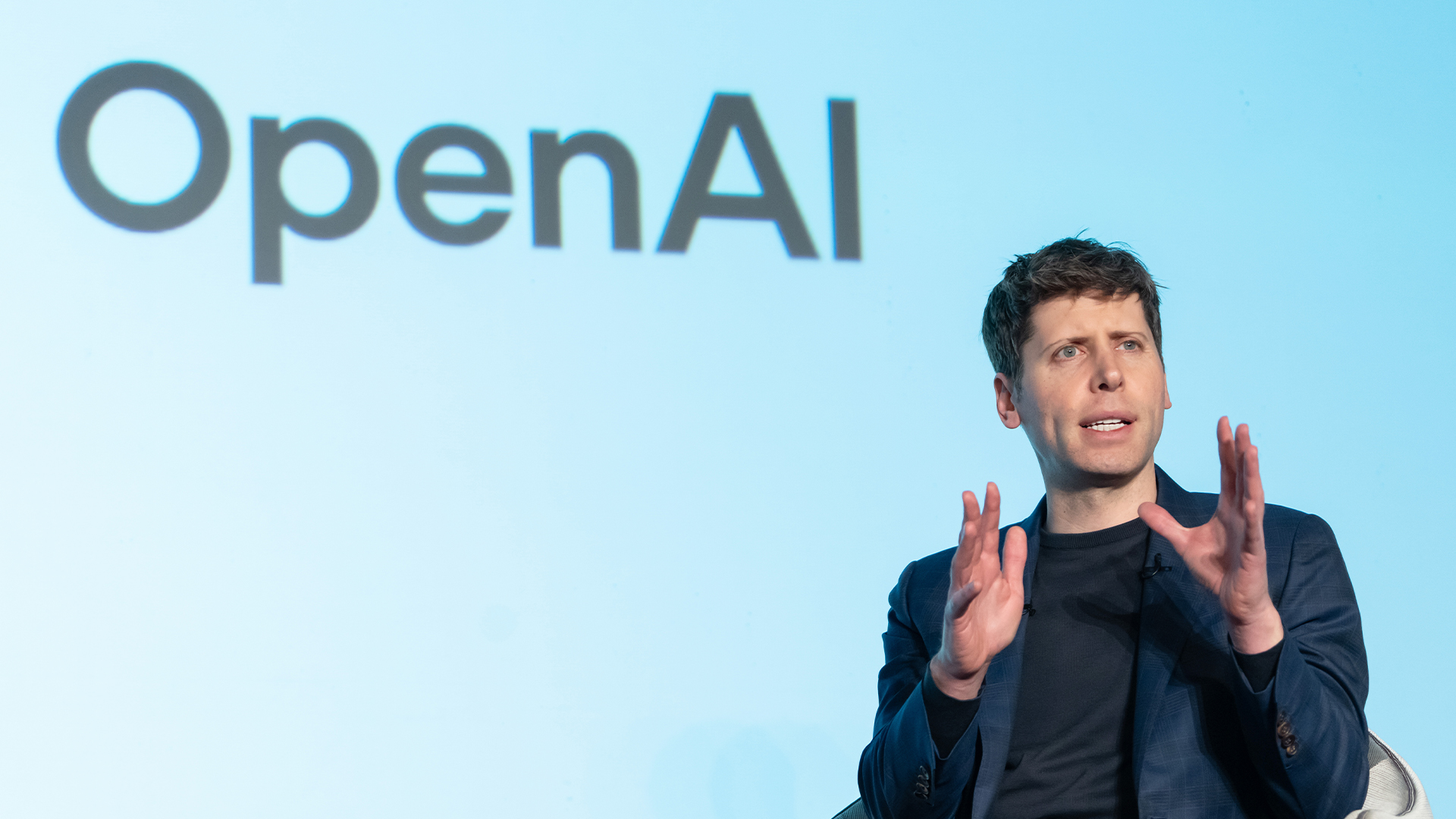
OpenAI has announced a partnership with Nscale and Aker to build Europe’s first AI gigafactory in Northern Norway.
Stargate Norway, located in Kvandal, just outside Narvik, is OpenAI’s first AI data center initiative in Europe under its OpenAI for Countries program.
The region has abundant hydropower, low local electricity demand, and limited transmission capacity, the trio noted, offering power prices well below the European average.
The facility will initially deliver 230MW of capacity, with ambitions to expand by an additional 290MW. There's a target of 100,000 Nvidia GPUs for the end of 2026, with plans to expand that significantly in the years ahead.
Long-term, it has the potential to expand by ten times in future phases as more customer contracts are snapped up. Surplus capacity will be made available to public and private sector users across the UK, Nordics, and Northern Europe, serving regional demand.
“Sovereign, scalable, and sustainable infrastructure is now essential to remain competitive. We’re proud to partner with Aker, drawing on the team’s extensive experience and impressive track record, to deliver a new generation of AI economic and productivity growth in Europe,” said Josh Payne, CEO of Nscale.
"Together, we are combining OpenAI’s leading models with Nscale’s vertically integrated AI cloud, to provide the sustainable infrastructure necessary to support public benefit, build industrial resilience and enable long-term regional innovation.”
Sign up today and you will receive a free copy of our Future Focus 2025 report - the leading guidance on AI, cybersecurity and other IT challenges as per 700+ senior executives
Stargate Norway will run on renewables
Stargate Norway will run entirely on renewable power and is expected to incorporate closed-loop, direct-to-chip liquid cooling to ensure maximum cooling efficiency. Meanwhile, excess heat from the GPU systems will be used to support local low-carbon enterprises.
“Norway has a proud history of turning clean, renewable energy into industrial value, powering global industries like aluminum and fertilizer,” said Øyvind Eriksen, president and CEO of Aker.
“Today, artificial intelligence and advanced data operations represent the next wave of value creation. Northern Norway, with its surplus of clean energy, available capacity, and industrial readiness, is the ideal launchpad for this transformation."
The site will be designed and built by AI infrastructure provider Nscale, and owned by a 50/50 joint venture between Nscale and energy engineering firm Aker.
The two companies have committed around $1 billion for the initial 20MW phase of the project, including more than $250 million in equity on a 100% basis, where each partner will contribute equally.
They said they'll start taking the first steps and mobilize resources for construction while the joint venture is set up.
OpenAI chief executive Sam Altman said the project is a huge step in helping accelerate compute capabilities for Europe. .
“Europe needs more compute to realize the full potential of AI for all Europeans — from developers and researchers to startups and scientists — and we want to help make that happen,” he said in a statement confirming the deal.
“I’ve always said we’d love to bring Stargate to Europe if the conditions are right, and we think we’ve found that in Narvik with clean, affordable energy, ideal climate, and great partners in Nscale and Aker. Stargate Norway will help provide the compute power to drive the next wave of AI breakthroughs and economic progress for Europe, in Europe.”
Make sure to follow ITPro on Google News to keep tabs on all our latest news, analysis, and reviews.
MORE FROM ITPRO
Emma Woollacott is a freelance journalist writing for publications including the BBC, Private Eye, Forbes, Raconteur and specialist technology titles.
-
 Hackers are using LLMs to generate malicious JavaScript in real time
Hackers are using LLMs to generate malicious JavaScript in real timeNews Defenders advised to use runtime behavioral analysis to detect and block malicious activity at the point of execution, directly within the browser
-
 Developers in India are "catching up fast" on AI-generated coding
Developers in India are "catching up fast" on AI-generated codingNews Developers in the United States are leading the world in AI coding practices, at least for now
-
 Why the UK is primed to lead a global charge in ‘green AI’ innovation
Why the UK is primed to lead a global charge in ‘green AI’ innovationNews UKAI says there are major economic incentives and a big opportunity for the UK to lead the world in green AI development
-
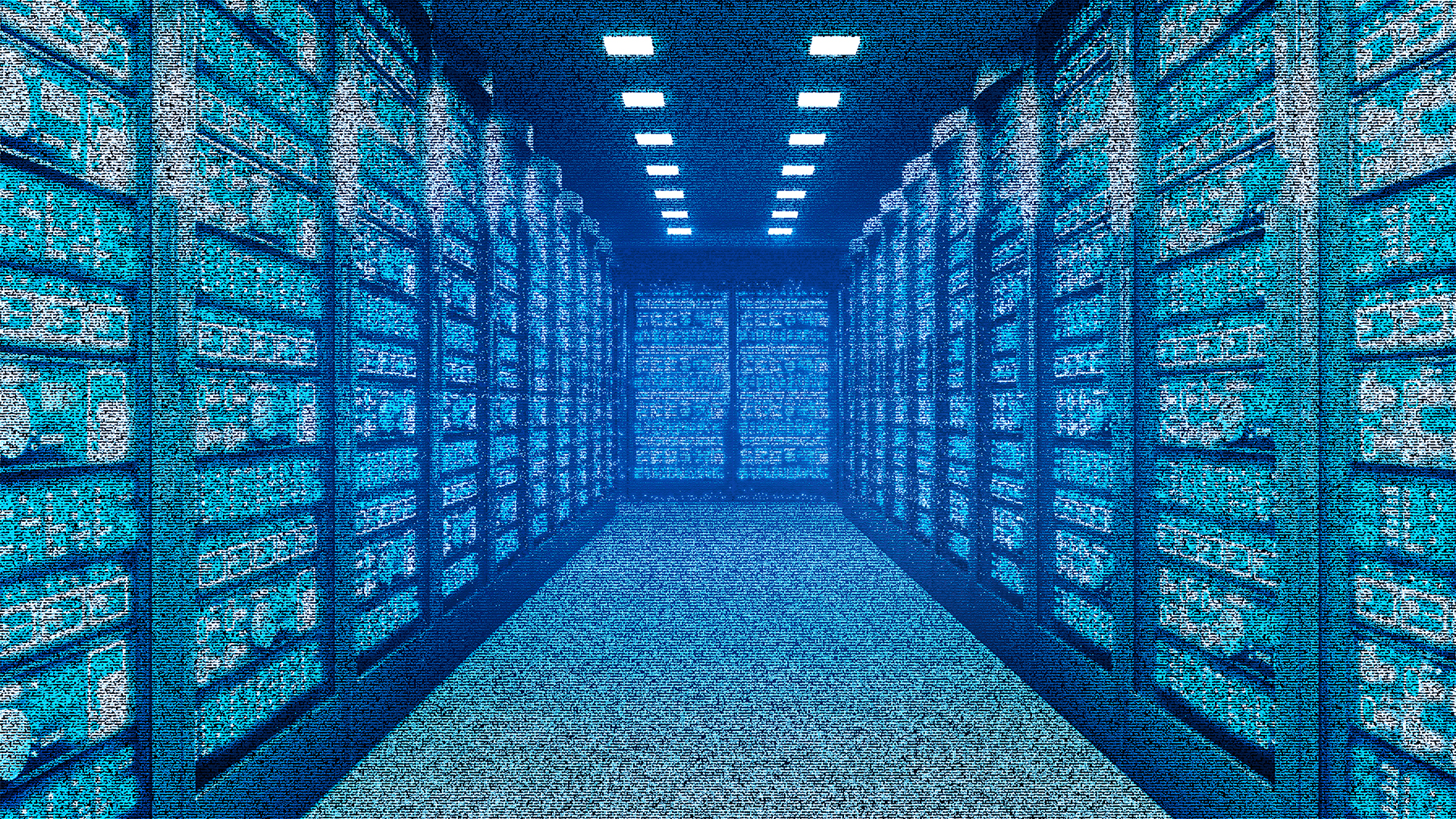 US data center power demand forecast to hit 106GW by 2035, report warns
US data center power demand forecast to hit 106GW by 2035, report warnsNews BloombergNEF research reveals a sharp 36% jump in energy forecasts as "hyperscale" projects reshape the American grid
-
 UK channel firms are ‘leading the way’ in AI networking readiness
UK channel firms are ‘leading the way’ in AI networking readinessNews Westcon-Comstor's latest research reveals that 43% of UK partners now offer AI-integrated network services as fresh opportunities beckon
-
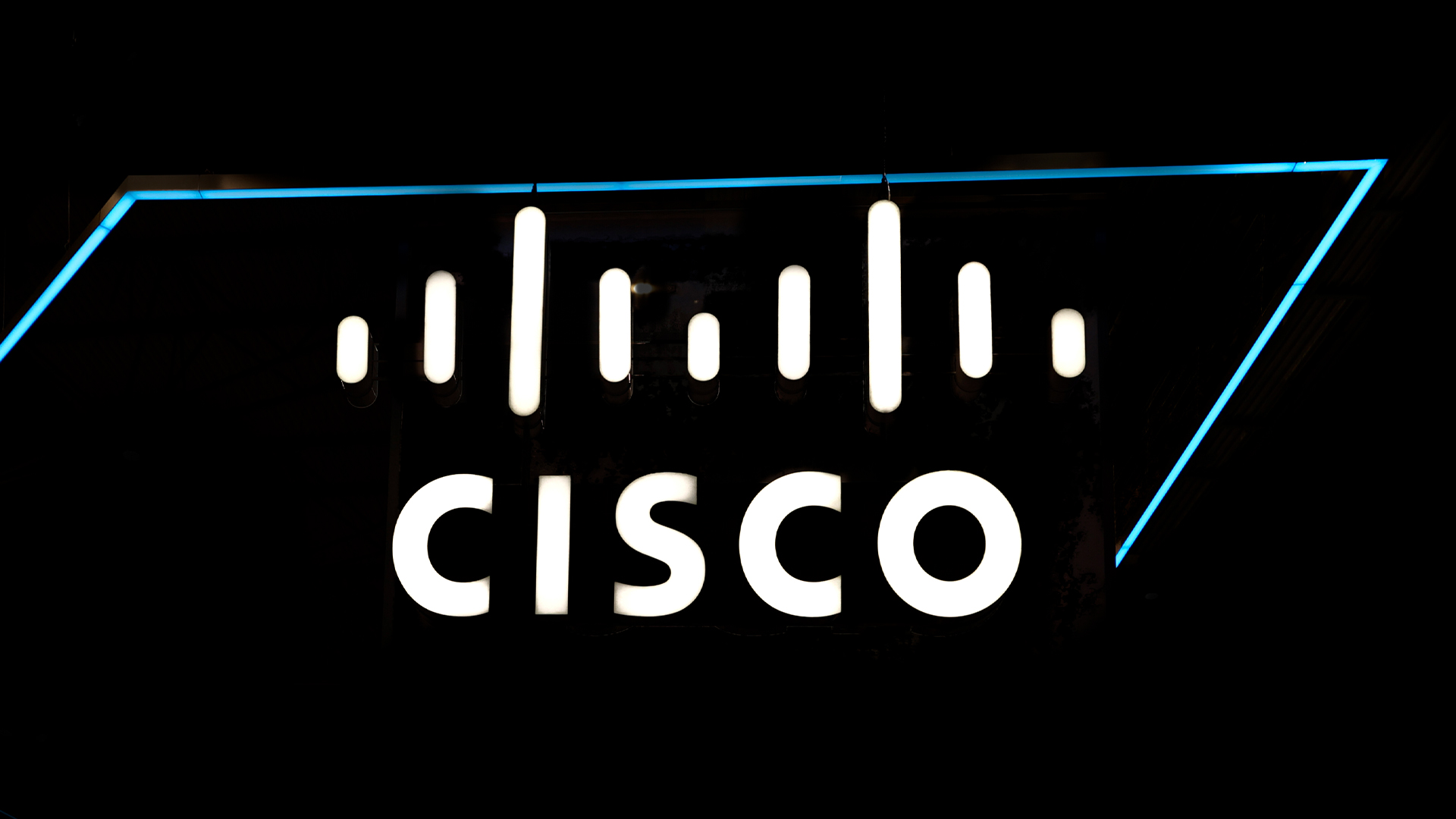 Cisco wants to take AI closer to the edge
Cisco wants to take AI closer to the edgeNews The new “integrated computing platform” from Cisco aims to support AI workloads at the edge
-
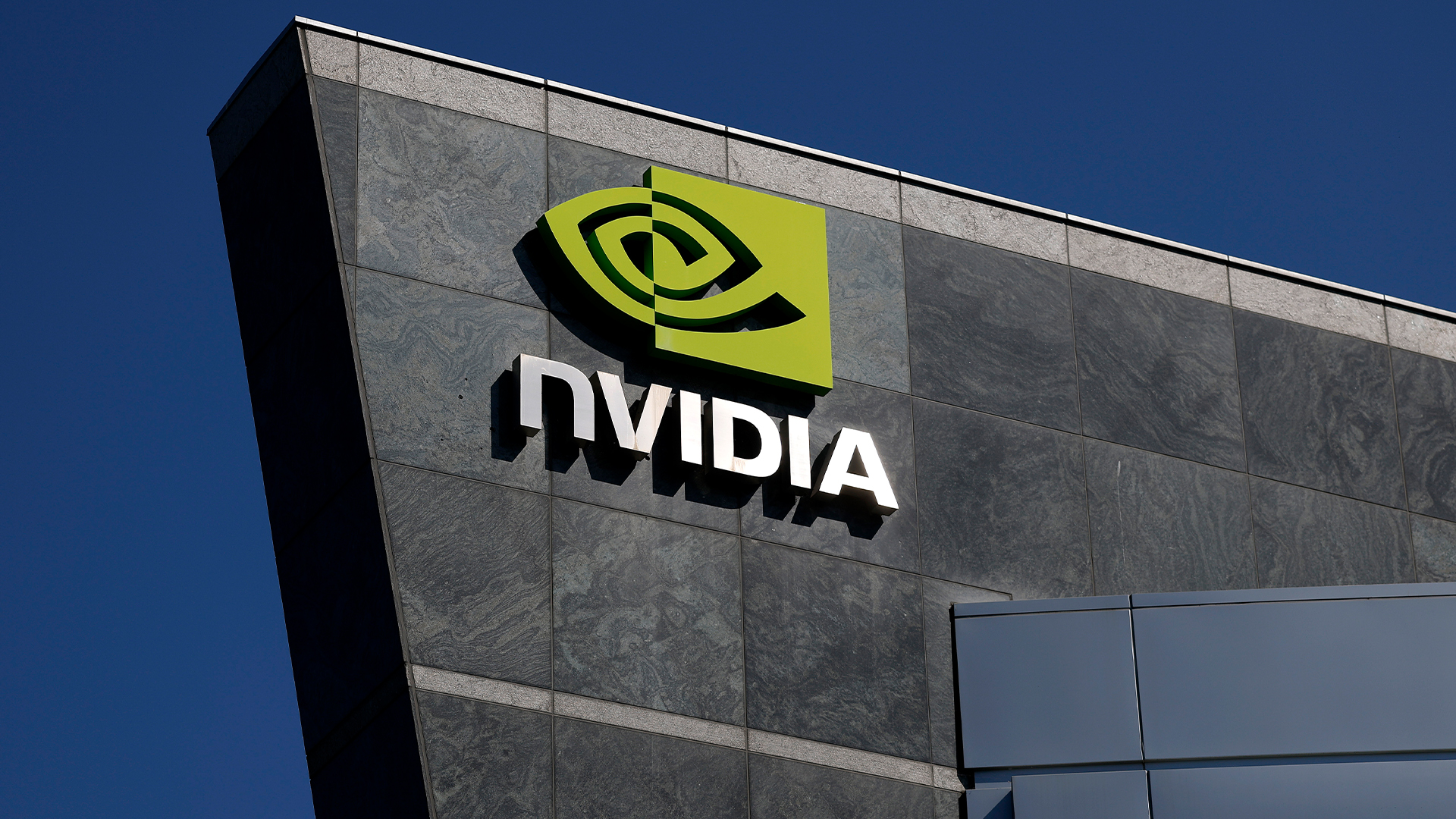 UK to host largest European GPU cluster under £11 billion Nvidia investment plans
UK to host largest European GPU cluster under £11 billion Nvidia investment plansNews Nvidia says the UK will host Europe’s largest GPU cluster, totaling 120,000 Blackwell GPUs by the end of 2026, in a major boost for the country’s sovereign compute capacity.
-
 So much for data sovereignty — AI infrastructure is dominated by just a handful of countries
So much for data sovereignty — AI infrastructure is dominated by just a handful of countriesNews Oxford researchers suggest AI infrastructure will decide a nation's global impact in the future, just as oil production has over the last few decades.
-
 National Grid investment wing backs AI startups to boost energy efficiency
National Grid investment wing backs AI startups to boost energy efficiencyNews National Grid Partners, the venture capital and innovation arm of the UK utility firm, has unveiled plans to invest $100 million in AI startups in the energy field.
-
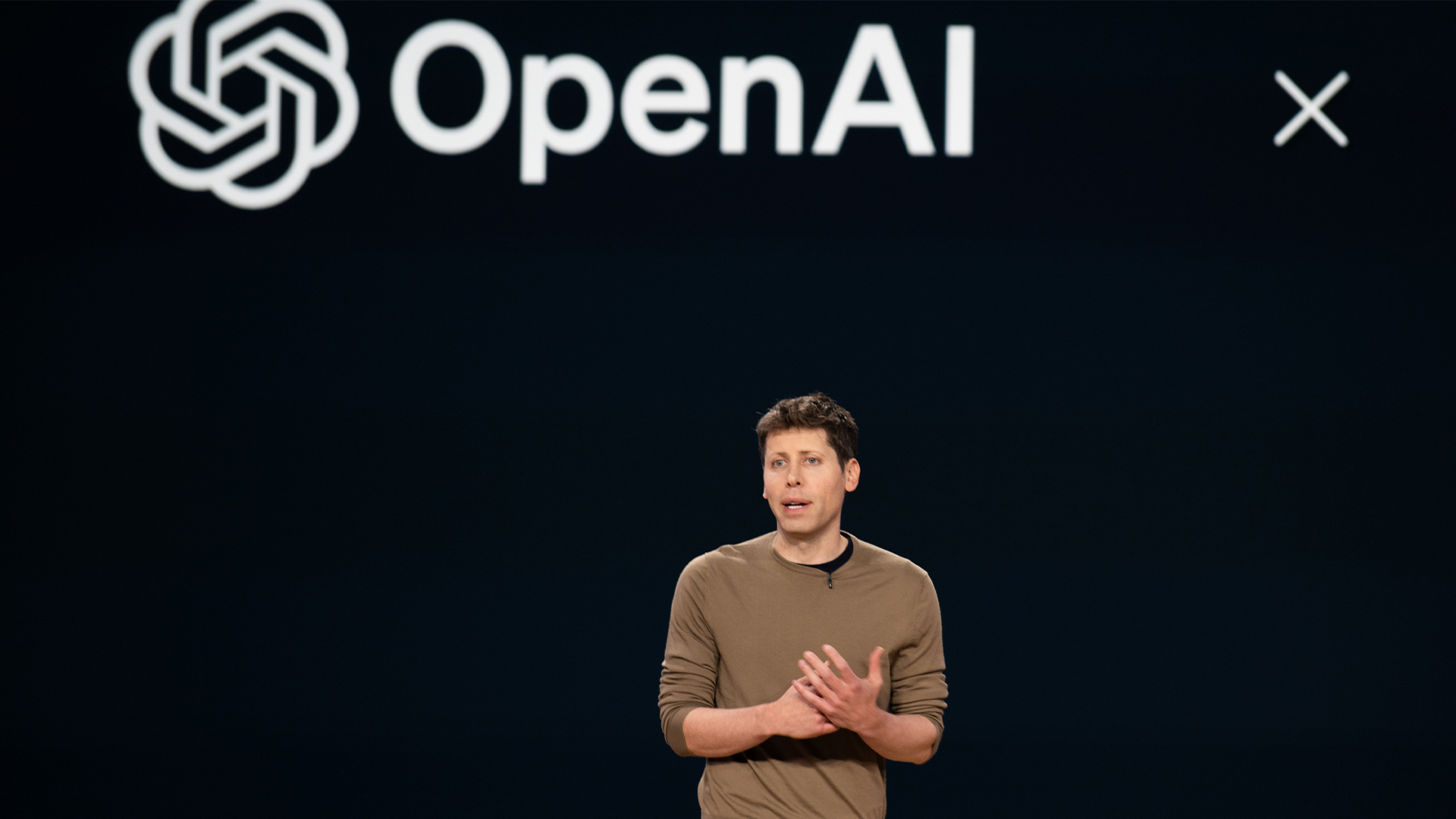 OpenAI inks $12bn CoreWeave deal in latest move away from Microsoft
OpenAI inks $12bn CoreWeave deal in latest move away from MicrosoftNews Cloud infrastructure company CoreWeave will supply OpenAI with infrastructure to run the firm's latest models in a deal worth nearly $12 billion.
